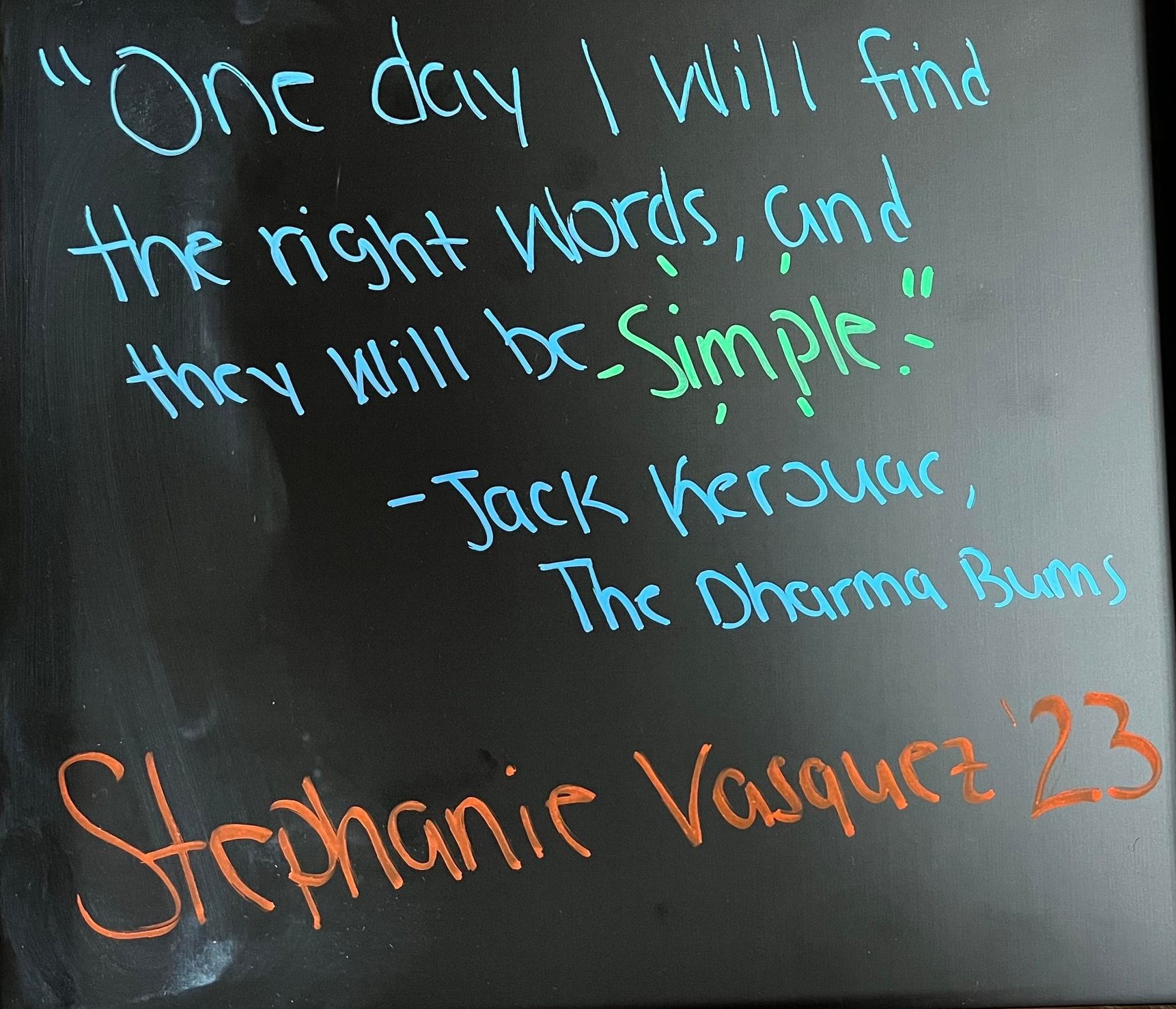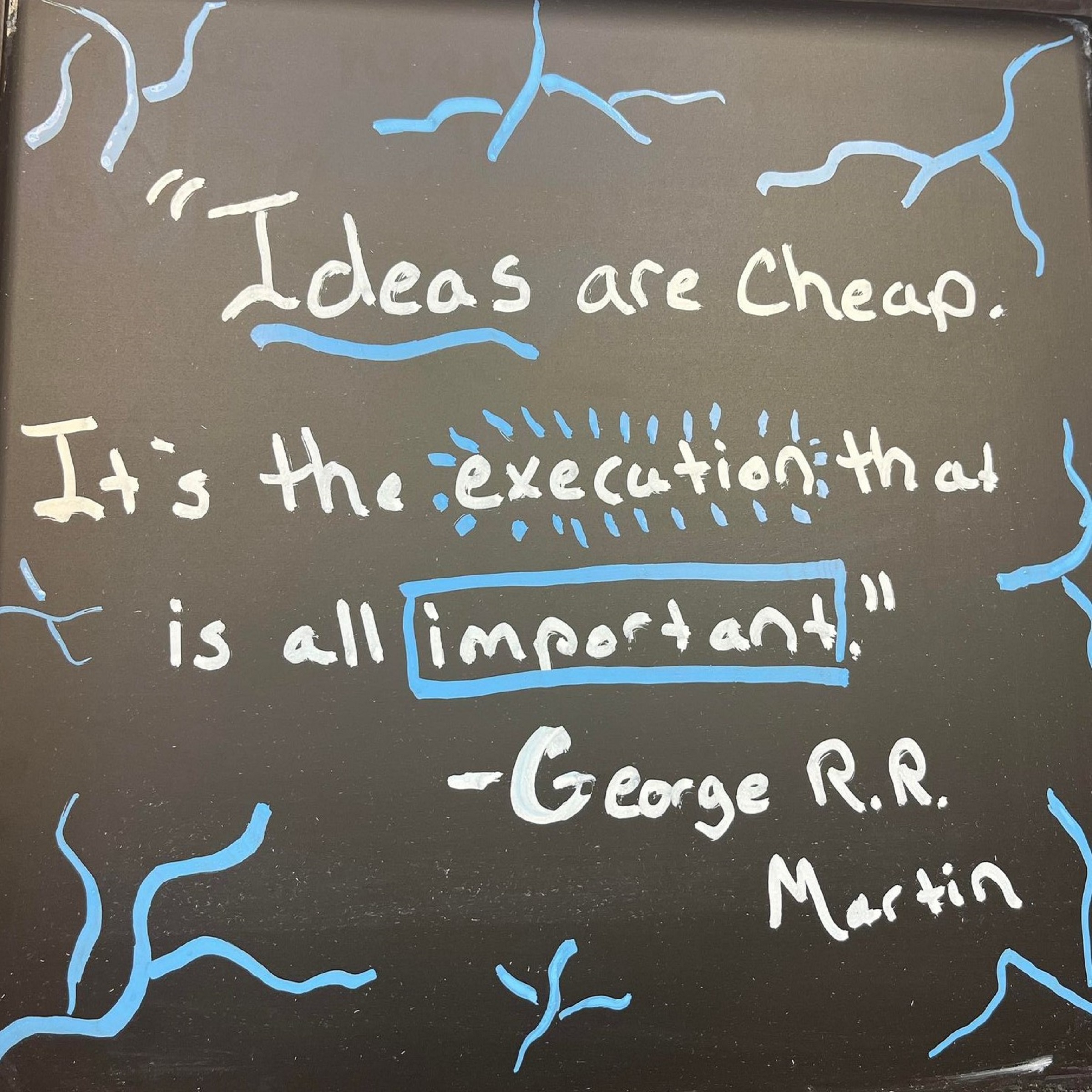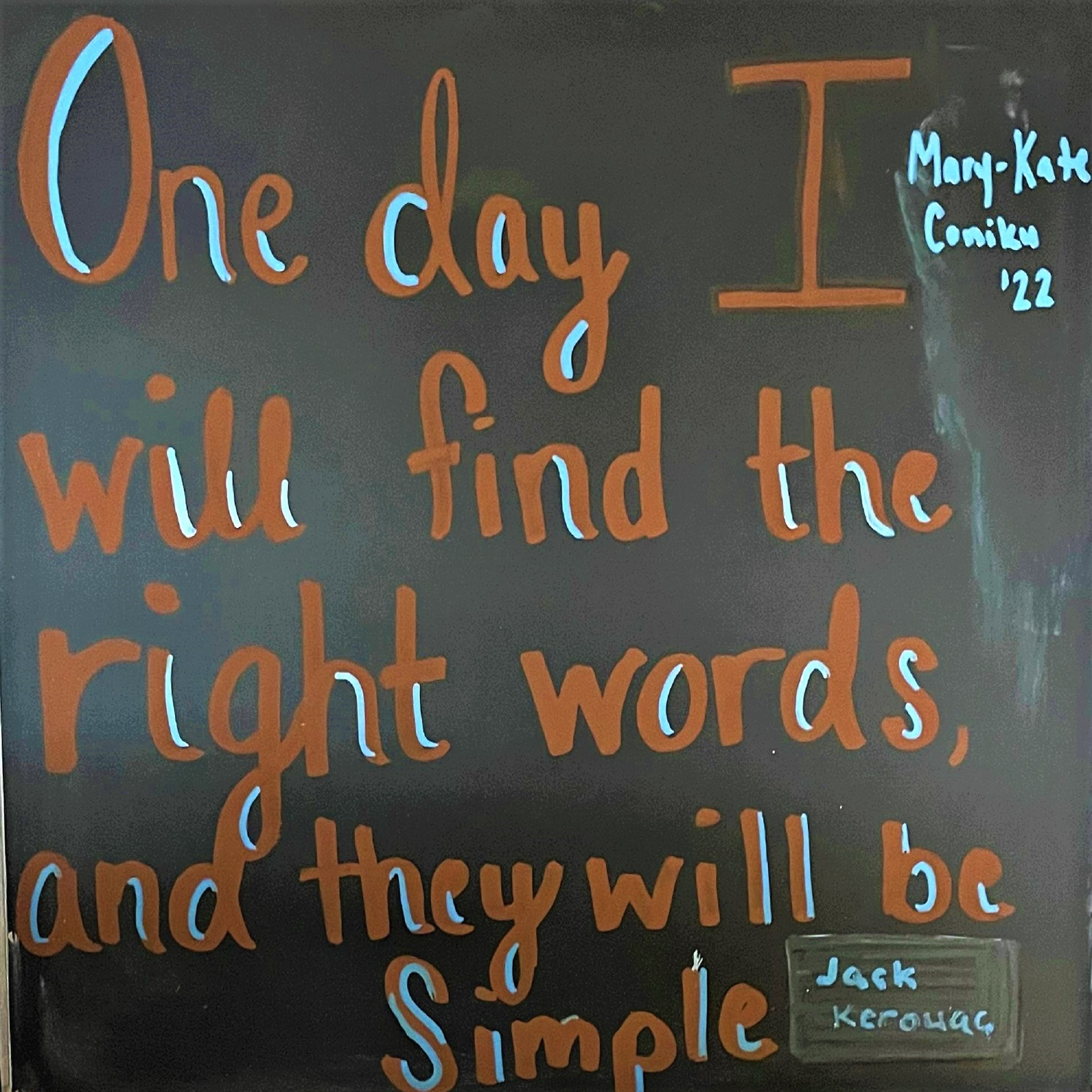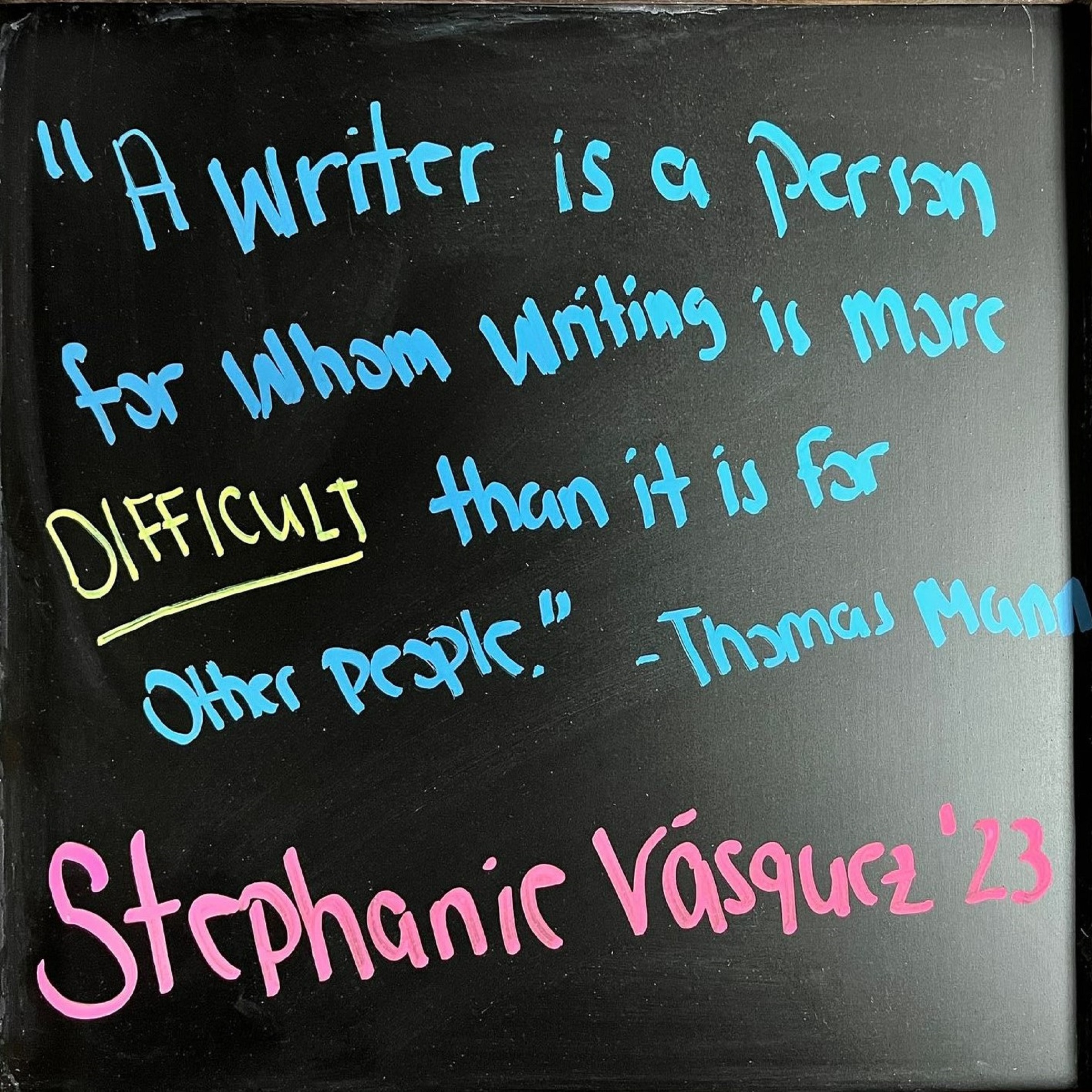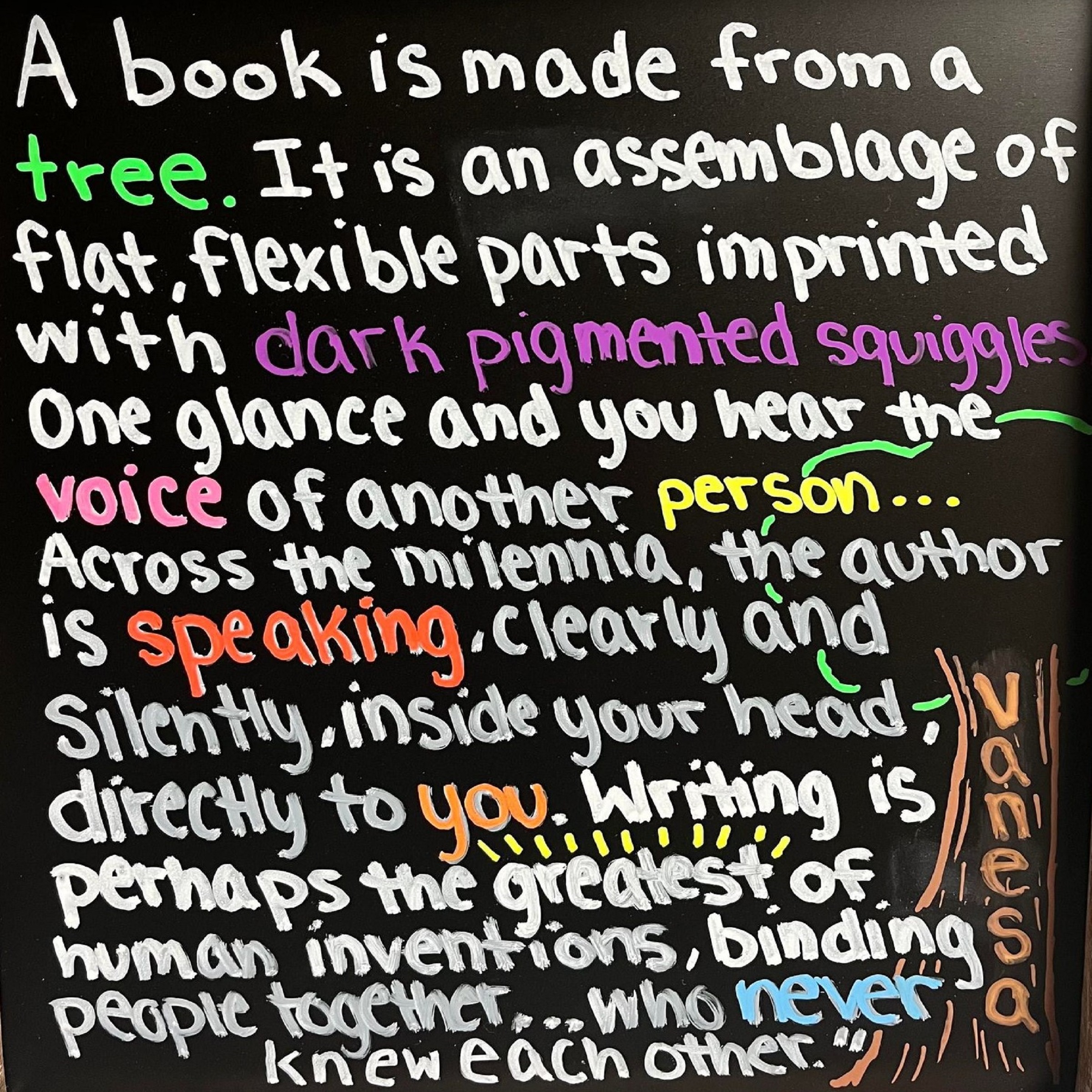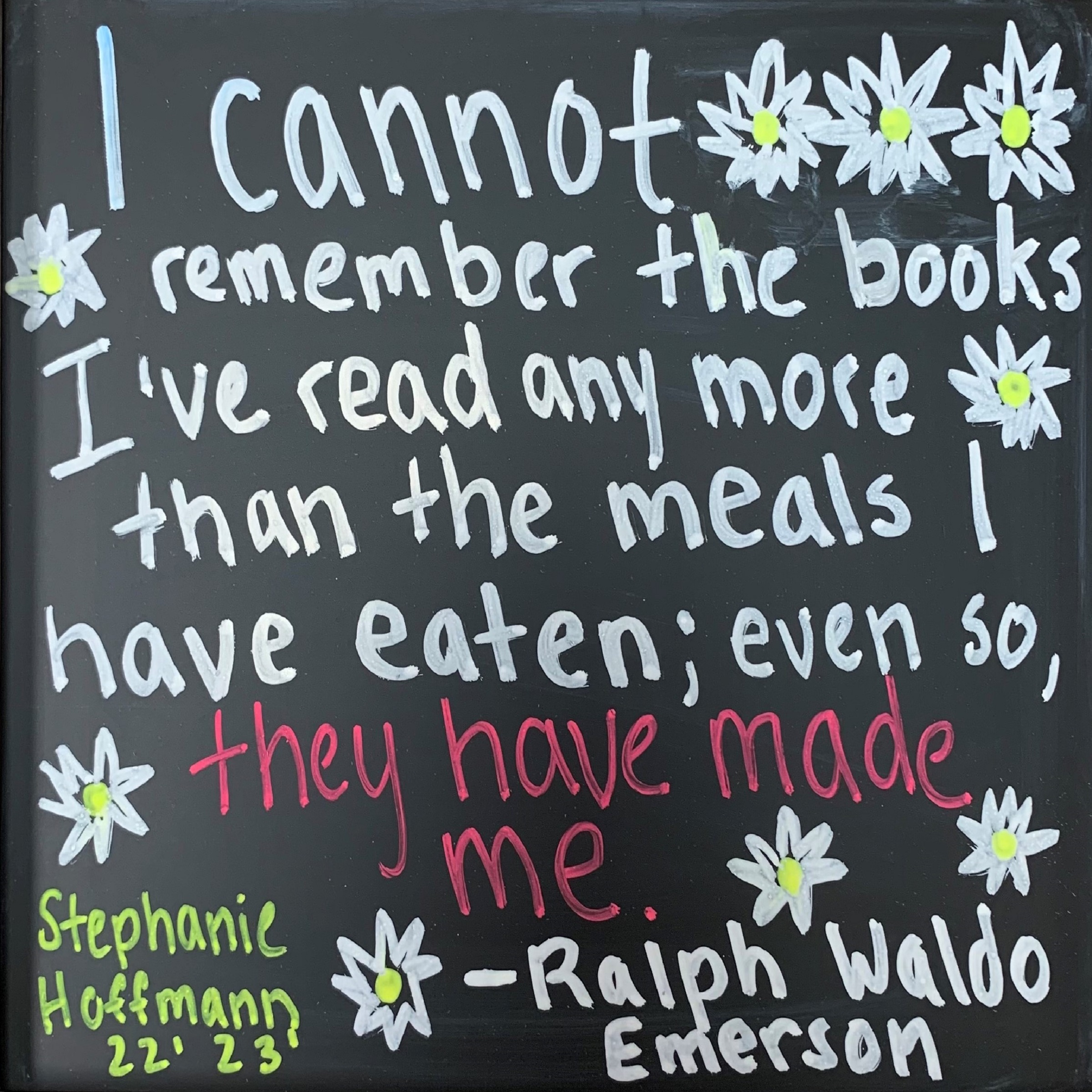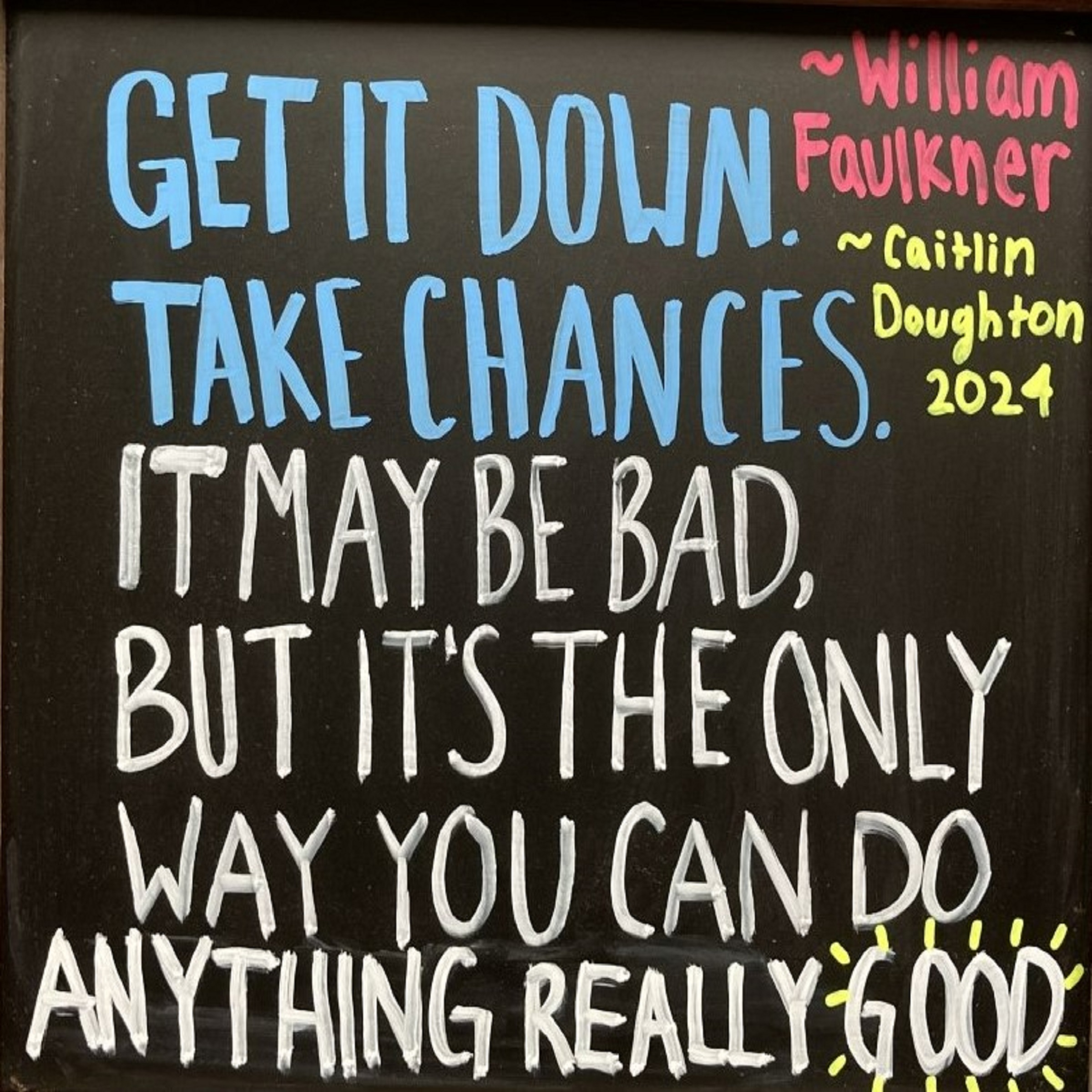It’s time to abandon the simple “First” , “Second”, “Finally,” and “In conclusion” transition words from high school. It’s no longer acceptable to have “and” twice in a single sentence or “also” twice in the same paragraph. You instead need words, phrases, and constructions that not only transition your thoughts, but that reflect the relationships between your ideas. Listed below is my favorite list of transitions sorted by the relationships they express.
The Best Quick List of Transitions and Conjunctions Sorted by Type
This next list is another one of my favorites. It’s less colorful, but significantly more extensive. It also includes more academic transitions, and it has longer transitional phrases. It’s three full pages of transitions by type. Just be sure to look up sample constructions–not all of these words can just be inserted into a sentence. For example “embark” is used very differently in a sentence than “commencing with”
The Best Extensive List with Some Uncommon Transitions Sorted by Purpose
This next resource is a chart of common transitions in the “word” form and in the “phrase” form with examples of how to use them effectively in sentence constructions. All of these words are included in the previous two worksheets, but this particular resource is useful if you need to convert a one-word transition into a phrase to emphasize a point. Sometimes writers use full phrases to transition between larger ideas (or paragraphs) and single word transitions to move between little ideas (like individual pieces of evidence). It doesn’t provide a lot of examples, but it shows how to use each in a sentence correctly with punctuation, which is beneficial.
Samples of Word Transitions Converted to Phrase Transitions with Examples

